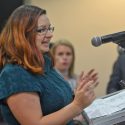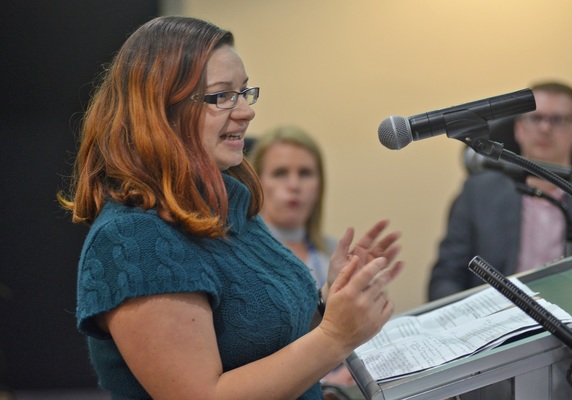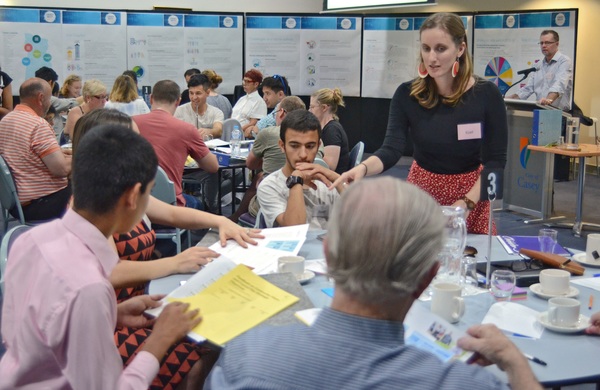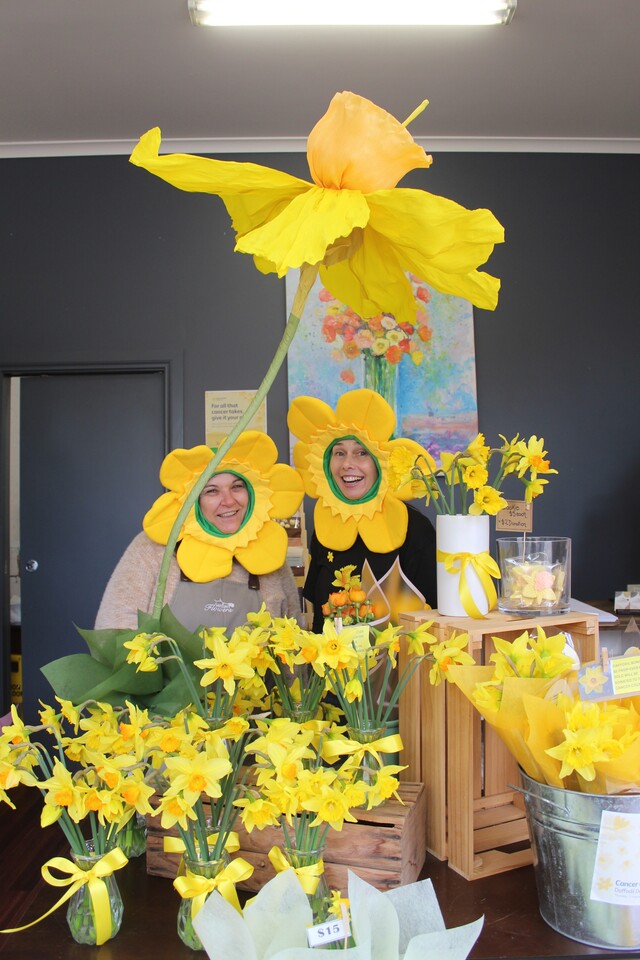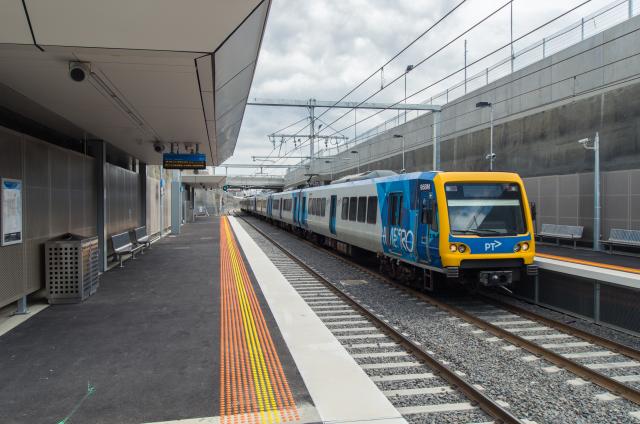By Cam Lucadou-Wells
A panel of 54 residents has given a strong message to Casey Council – don’t increase rates.
Among the panel’s 24 recommendations, there was instead a desire to cut council services, according to a report tabled on 18 April.
Panellists also recommended higher fees for “non-essential” services and developer contributions.
The panel advised Casey to shut down services duplicated by other agencies and industries, to explore more outsourcing and to do an efficiency-review of all services.
Other People’s Panel recommendations included:
* Cutting labour costs by partnering with employment and volunteer programs;
* Improving opportunities for local business to win council tenders;
* Reviewing hard waste collections – such as cutting to one free collection a year or providing vouchers to dump at the tip;
* Live-streaming council meetings, and seeking more community feedback on major decisions and
* Exploring a “big employment and education attractor” to Casey.
Casey Council Mayor Sam Aziz said the People’s Panel recommendations were “outstanding” and validated the council’s efforts to better respond to residents’ needs.
The findings were being incorporated into Casey’s draft 2017-21 Council Plan, Cr Aziz said.
“Everything from the budget to our capital works priorities will be driven by the priorities outlined by the panel.
“It’s incredible what we can achieve as a community when we sit down in the spirit of co-operation and work together to try and tackle the many challenges we face as a community.”
Brendan Browne, of the Casey Residents and Ratepayers Association, said some of the cost-cutting recommendations should be taken with a “grain of salt” due to “an element of push-polling” by the council.
“Participants were repeatedly told of the $180 million shortfall that is supposed to befall council in 11 years’ time, despite the fact that this figure is based on highly unreliable assumptions.
“It’s not surprising that the People’s Panel findings expressed a willingness to accept reduced services and increased fees, when participants are led to believe the council is facing a financial disaster with no other solution.”
The CRRA was particularly supportive of panellists’ call for more council transparency, Mr Browne said.
He said charging more for non-essential services could be a false economy.
“If you increase charges at Casey RACE swimming pool, it may reduce the number of customers and actually cost the council money.”
The panellists, selected from a pool of 6000 invitees across a range of demographics and Casey suburbs, met four times in March to form their recommendations.
They were briefed by Casey Council about its budget challenges, including the constraint of rate-capping.
They received talks from Casey Residents and Ratepayers Association member Brendan Browne as well as urban futurist Stephen Yarwood, who talked about aiming for a ‘small council, big community’ model.
The panel was complemented by a ‘budget allocator’, which received 172 community submissions.
Submitters most popularly requested more funding for new infrastructure, planning for the future, and children, youth and family services.
The highest priorities for cuts were communications and advocacy, the arts and planning regulation.
A Casey Youth Panel, which also met in March, prioritised public safety at night and on public transport, environmental protection and respect for diversity.

